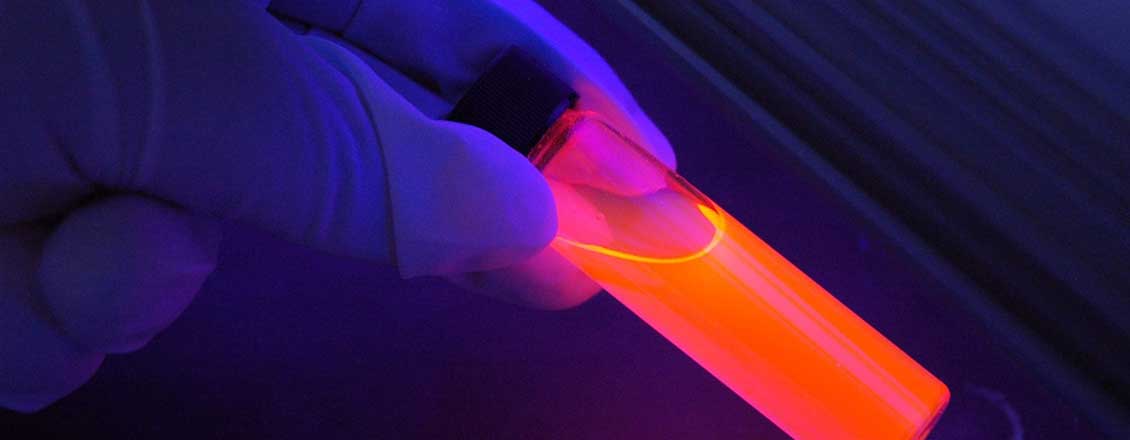
Chemistry (B.S.)
The Department of Chemistry and Biochemistry is approved by the Committee on Professional Training of the American Chemical Society.
The Bachelor of Science Program in Chemistry is approved as having met the requirements set forth by the Committee on Professional Training of the American Chemical Society.
Graduates of this program are eligible to receive certification from the American Chemical Society. The Chemistry and Biochemistry Department is one of twelve departments within the State System of Higher Education to have this prestigious affiliation.
What is Chemistry
The study of matter and its changes is known as chemistry. Understanding how atoms join to form molecules and bulk materials, how molecular structure and interactions translate into macroscopic material qualities, and how chemical reactions can be exploited to produce useful materials and store energy are all topics that chemists strive to understand at the molecular level.
Numerous other subjects, such as biology, physics, environmental science, geology, material science, medicine, and more, are intersected by research in chemistry.
The Chemistry Department offers 4 tracks to choose from:
- Chemistry (B.S.) - General Concentration: Students majoring in chemistry with a general specialization are prepared for employment in commerce, patent law, technical writing, industrial health and safety, and entry-level technical positions in the chemical sector. Students may also choose it for employment in health-related fields including pharmacy, dentistry, and medicine.
- Chemistry (B.S.) - ACS Certified Concentration: A chemistry major recognized by the American Chemical Society improves your grasp of the fundamentals of chemistry in preparation for graduate work or the workforce. Employers and graduate programs can be assured that your classroom and laboratory education satisfies strict, current criteria via an ACS certification.
- Chemistry (B.S.) - Chemical Forensics Concentration: The application of chemical analysis concepts to criminal investigations is known as forensic chemistry. It is advised that students interested in pursuing jobs in forensic science at graduate school, law enforcement, or laboratory analysis of forensic evidence pick this emphasis.
- Chemistry (B.S.) - Secondary Education Concentration: Students who specialize in Chemistry in their Secondary Education degree program are prepared to teach chemistry classes in high school.
Chemistry students may participate in undergraduate research programs. Under the supervision of a faculty mentor, these programs allow students to learn independently and solve problems. Students are exposed to advanced, specialized areas of chemistry and biochemistry.
The ESU Chemistry Club is a Student Affiliate Chapter of the American Chemical Society and is open for membership to all ESU students with an interest in chemistry. The club members are very active in campus events and public service. The members plan field trips to local and regional industries where chemistry plays a major role in research and production. The ESU Chemistry Club members produce chemical demonstrations that are used to entertain and educate diverse audiences. The members plan and prepare the presentations under the supervision of faculty of the Department of Chemistry and Biochemistry.
Contact Us
Contact Information
- Campus Address
- Science & Technology 223
- Phone:
- (570) 422-3342
- Fax:
- (570) 422-3908 (Fax)
- Title of Department Leader
- Department Chair
- Name
- T. Michelle Jones-Wilson
- E:
- mjwilson@esu.edu
- Phone:
- (570) 422-3703



